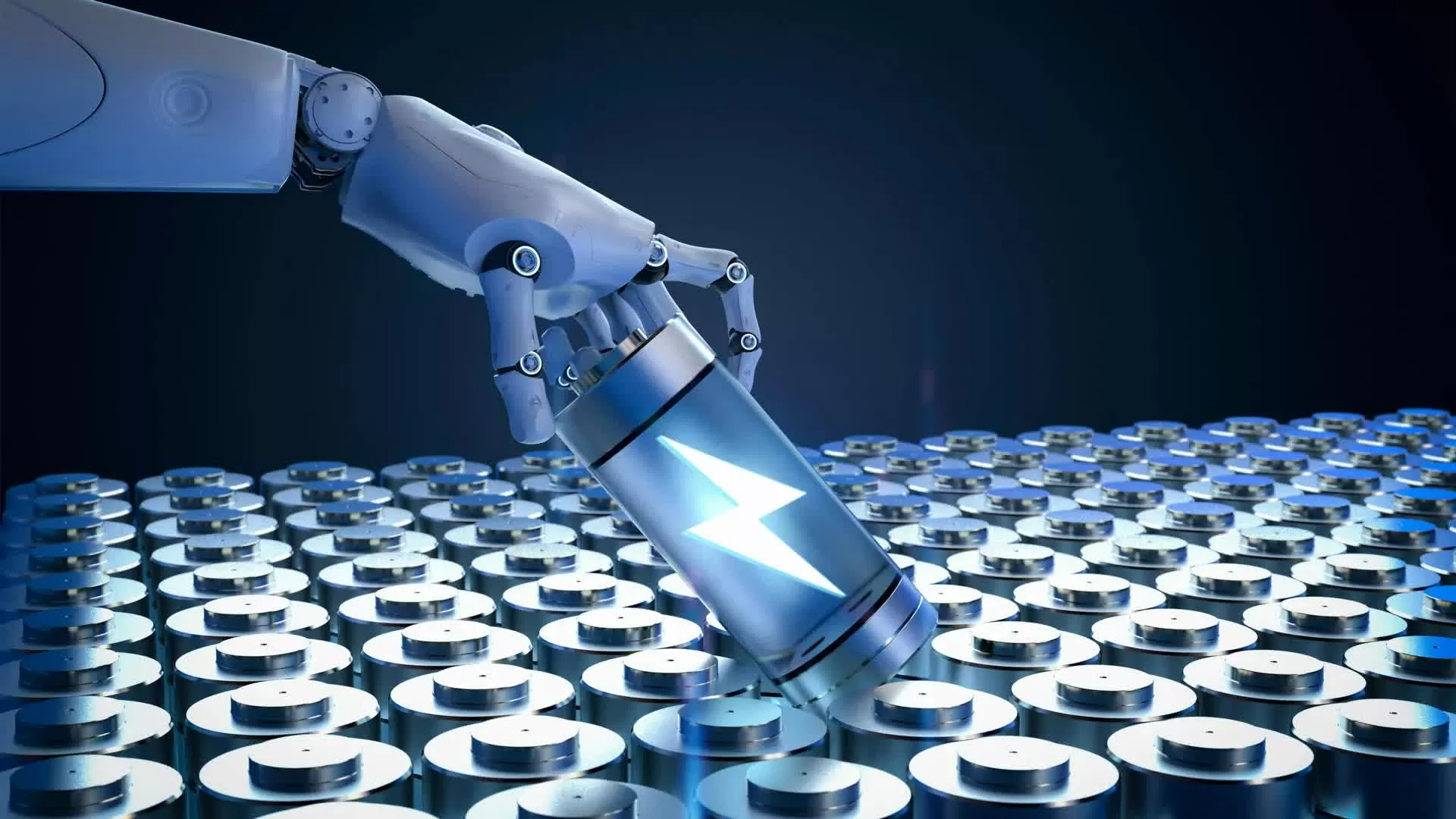 |
| Instead of decades of manual experimentation, AI allows the exploration of an entire universe of materials in just a few months. (Source: Science Daily) |
A team at the New Jersey Institute of Technology (NJIT), led by Professor Dibakar Datta, used a dual AI system to tackle a major challenge for the energy industry: finding a replacement for lithium, an element that is becoming increasingly scarce and expensive.
Research results recently published in the journal Cell Reports Physical Science show that new materials can support batteries using abundant elements such as magnesium, calcium, aluminum and zinc.
Multivalent batteries use ions with two to three positive charges—rather than just one like lithium—and can theoretically store more energy. But these ions are larger and heavier, making them harder to move through conventional material structures. That’s where AI comes in.
The NJIT team combined two AI models: a biomaterials model called the Crystal Diffusion Variational Autoencoder (CDVAE) and a specially tuned large language model (LLM). The CDVAE generates thousands of new crystal structures, while the LLM evaluates thermodynamic stability — a key factor in realizing the material in the lab.
The results show five completely new transition metal oxide materials with porous structures and wide ion-conducting “channels” – suitable for transporting bulky multivalent ions – that have been validated by quantum mechanical simulations and stability testing.
“Instead of decades of manual experimentation, AI allows us to explore a whole universe of materials in just a few months,” said Datta. “This not only helps us find materials for batteries, but also opens up a new way to design all kinds of advanced materials – from electronics to clean energy technologies.”
The team is now working with experimental laboratories to synthesize and test the newly discovered materials, with the goal of moving towards commercial production of multivalent batteries – a step that could completely change the future of energy storage.
Source: https://baoquocte.vn/ai-giai-quyet-thach-thuc-lon-cua-nganh-nang-luong-goi-y-5-vat-lieu-gi-thay-the-pin-lithium-323182.html



![[Photo] General Secretary To Lam attends the 80th Anniversary of the Cultural Sector's Traditional Day](https://vstatic.vietnam.vn/vietnam/resource/IMAGE/2025/8/23/7a88e6b58502490aa153adf8f0eec2b2)









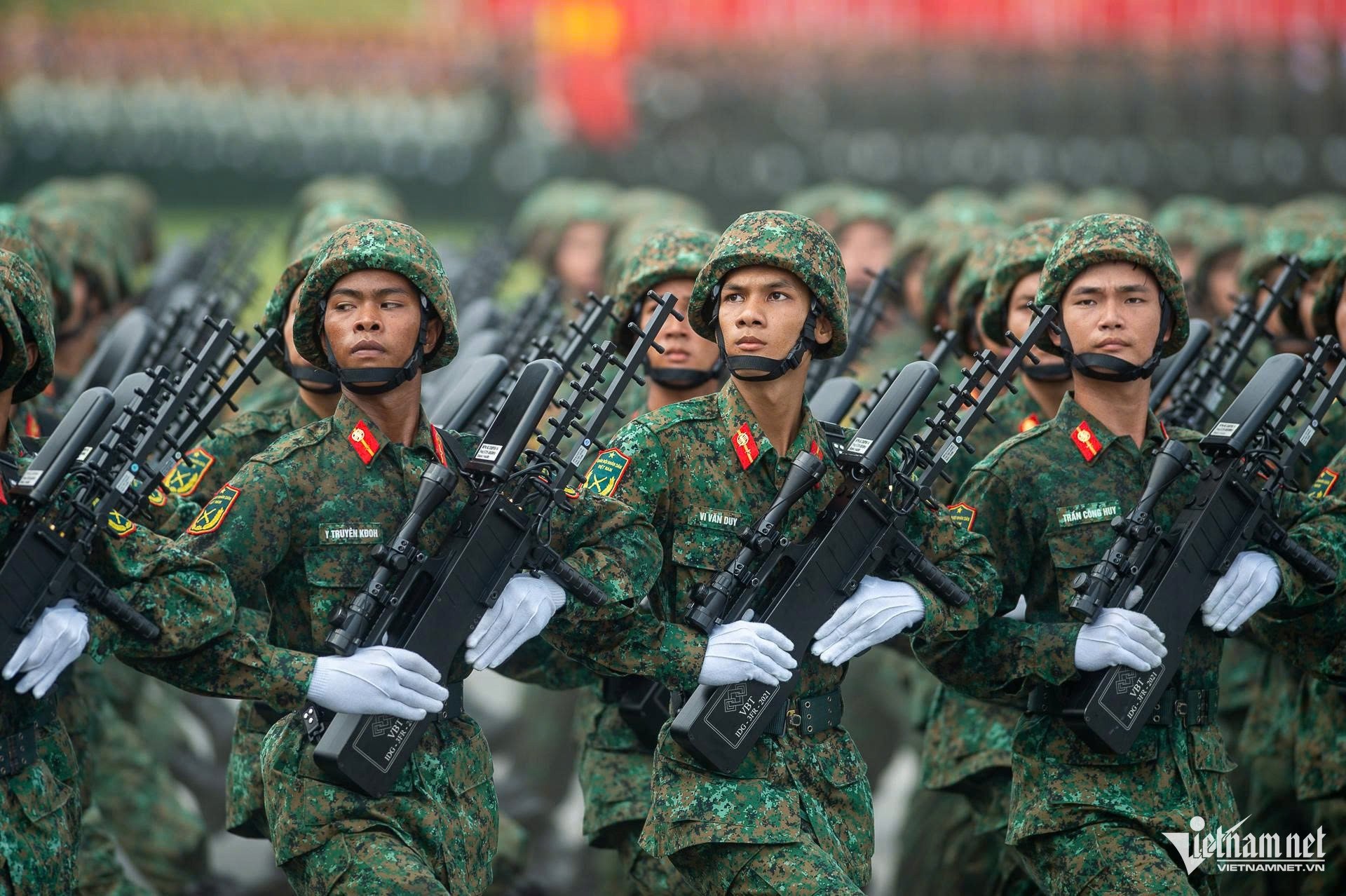



































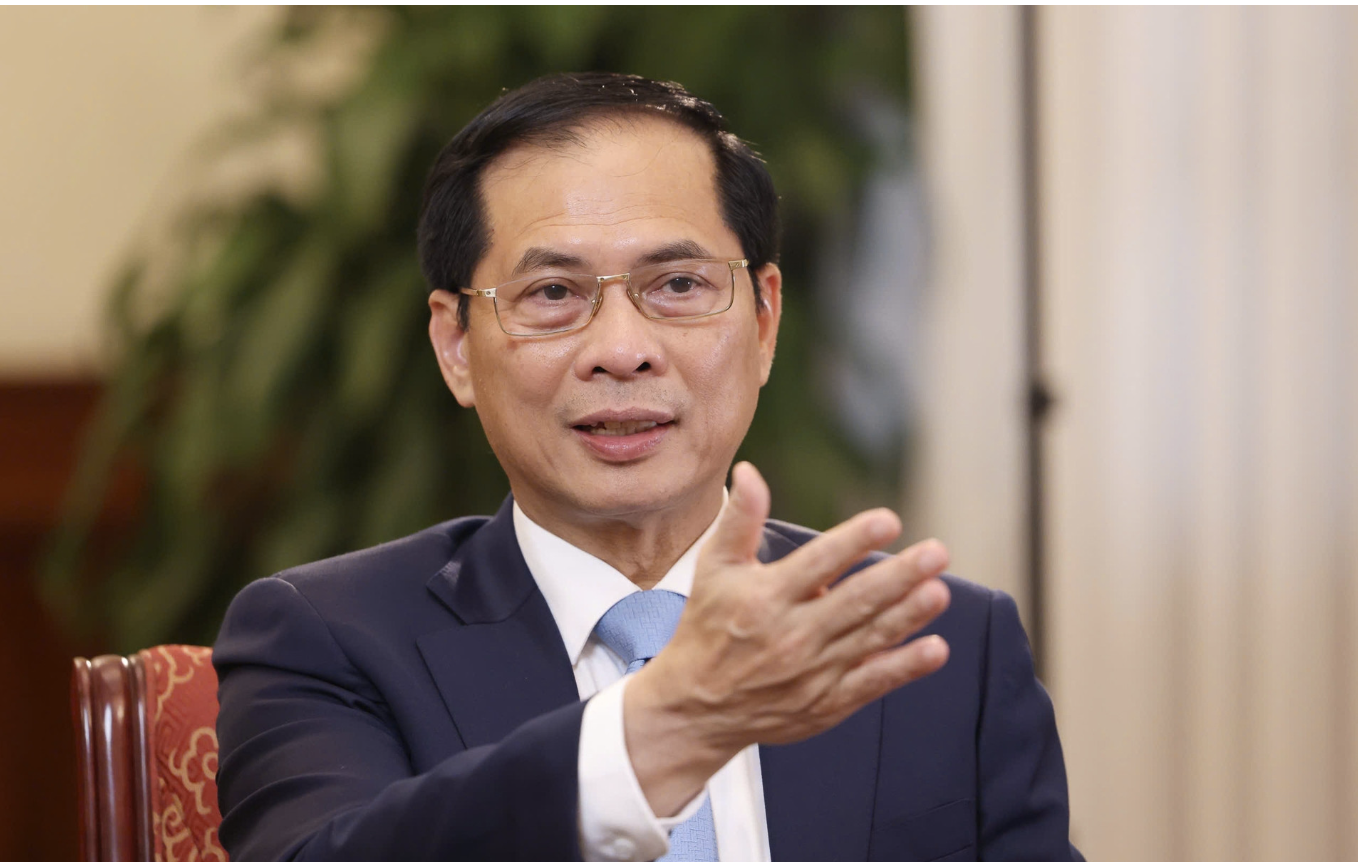

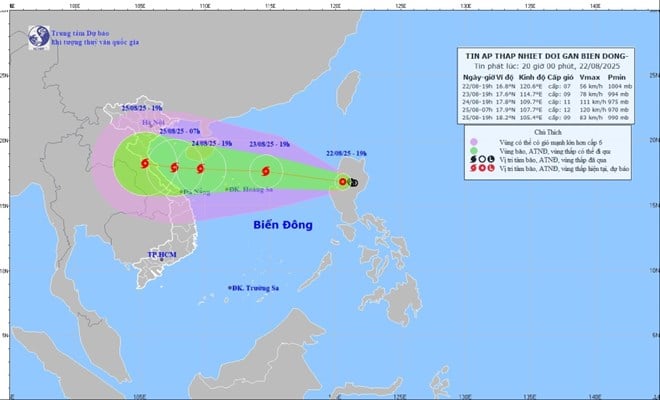





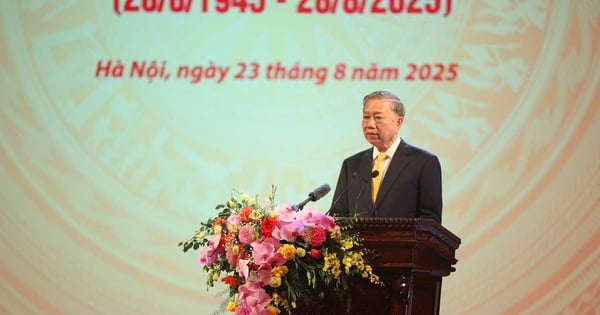
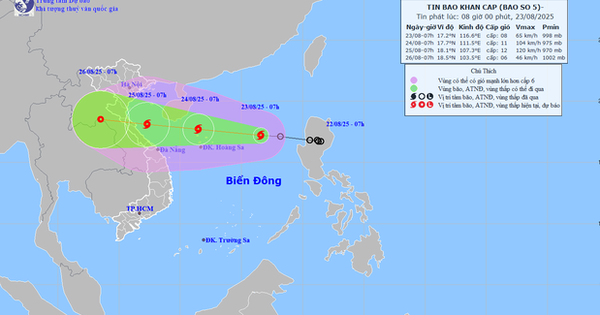
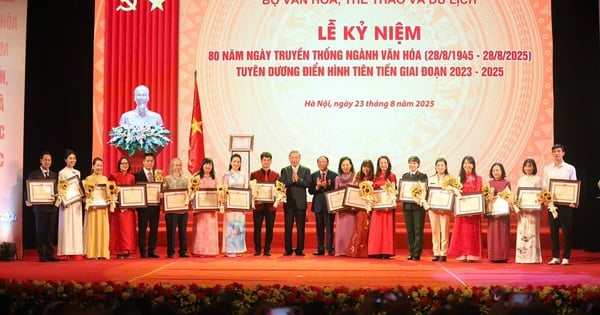
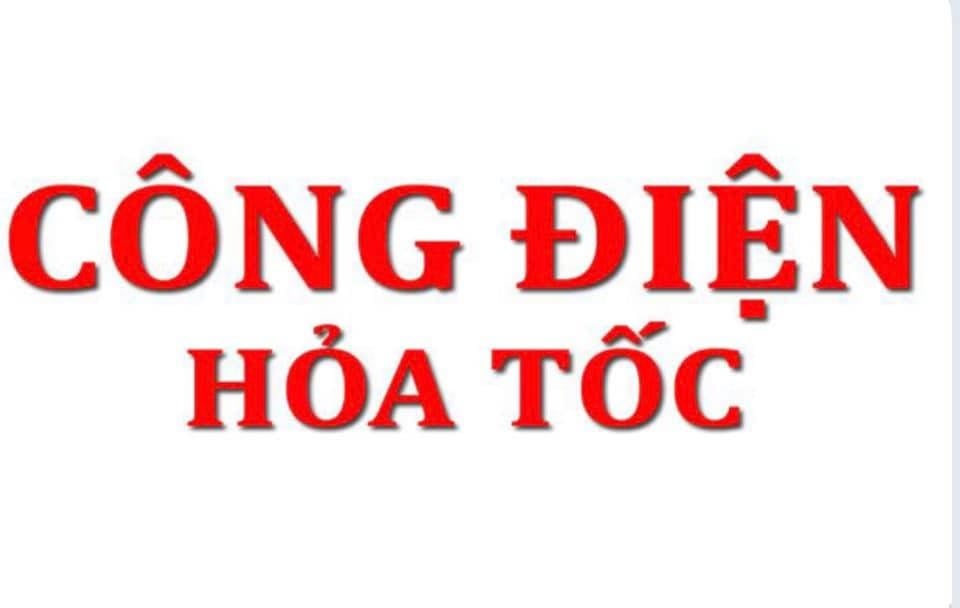


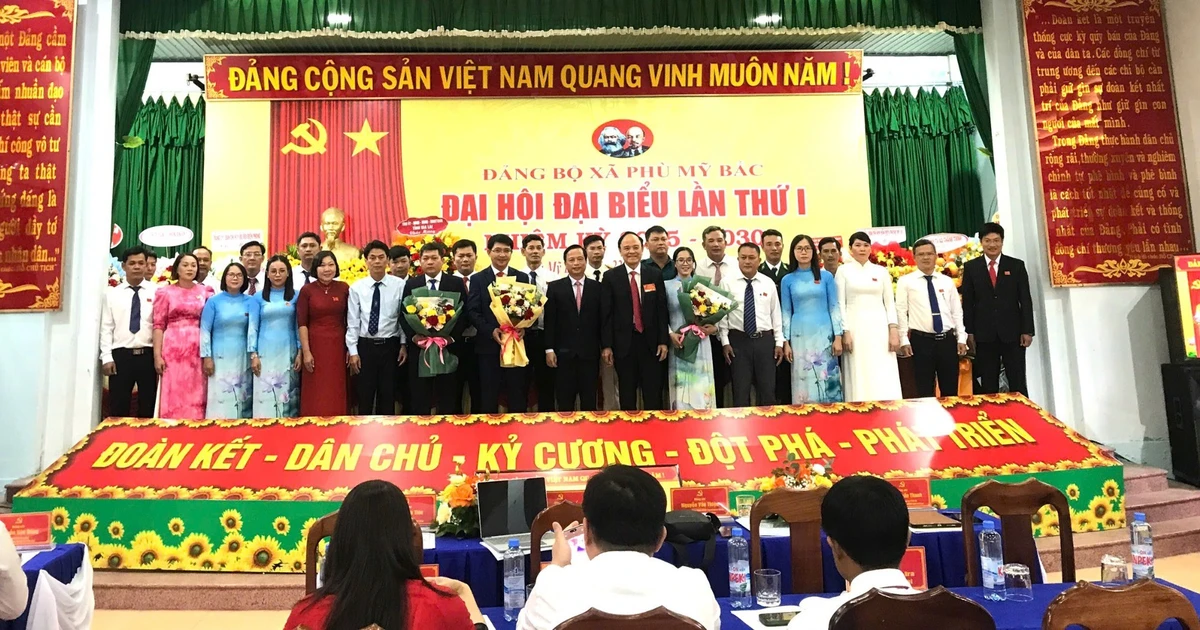

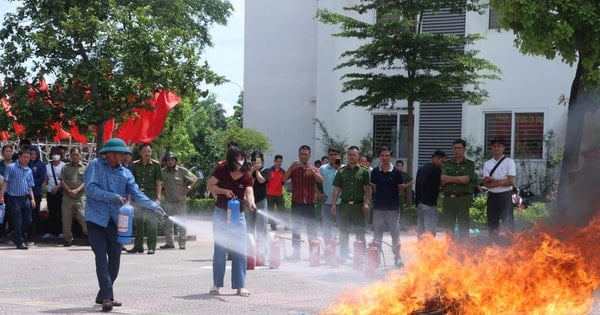

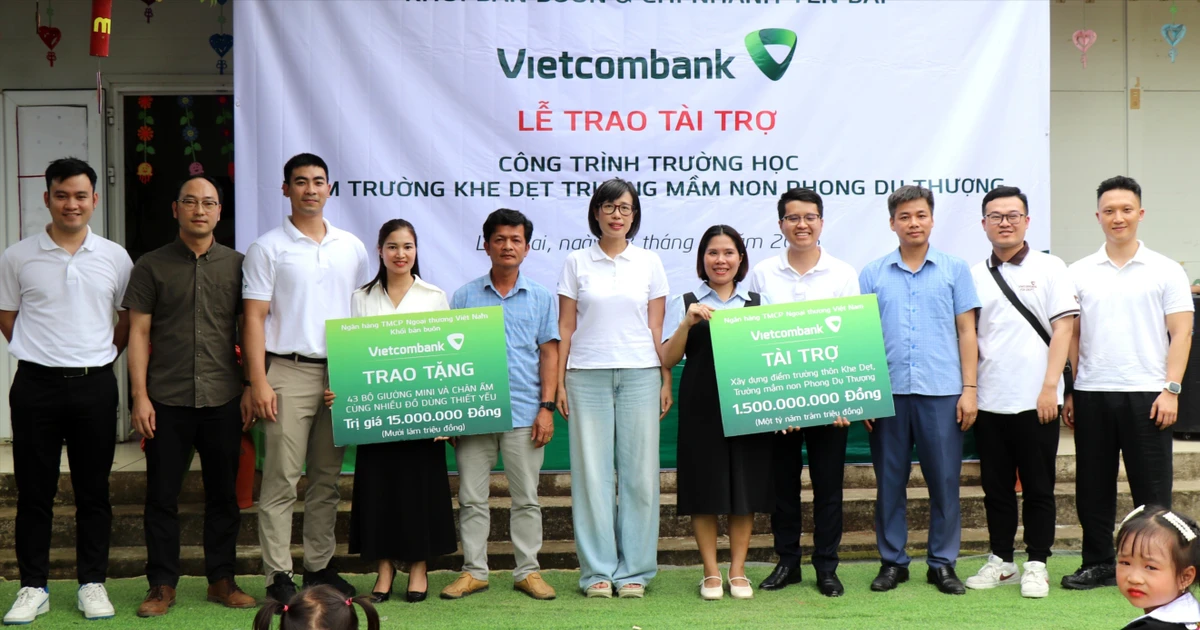

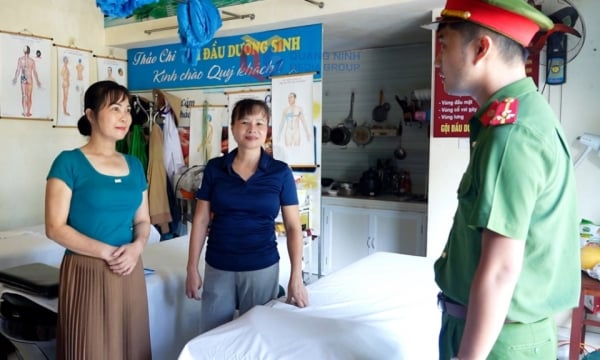










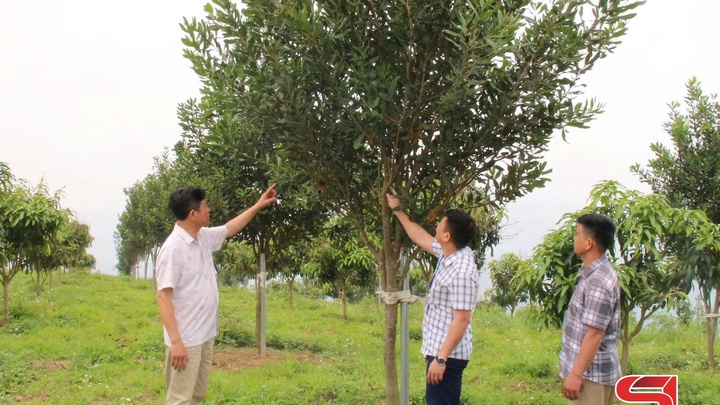






Comment (0)